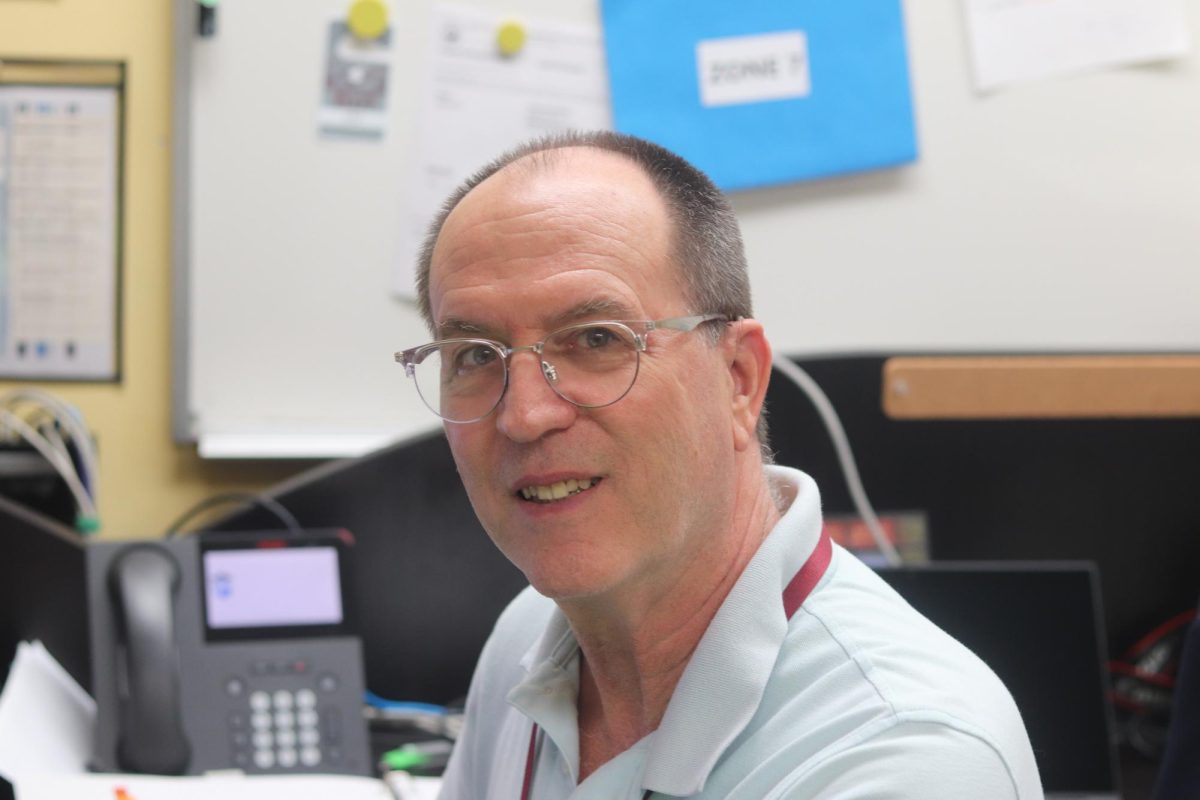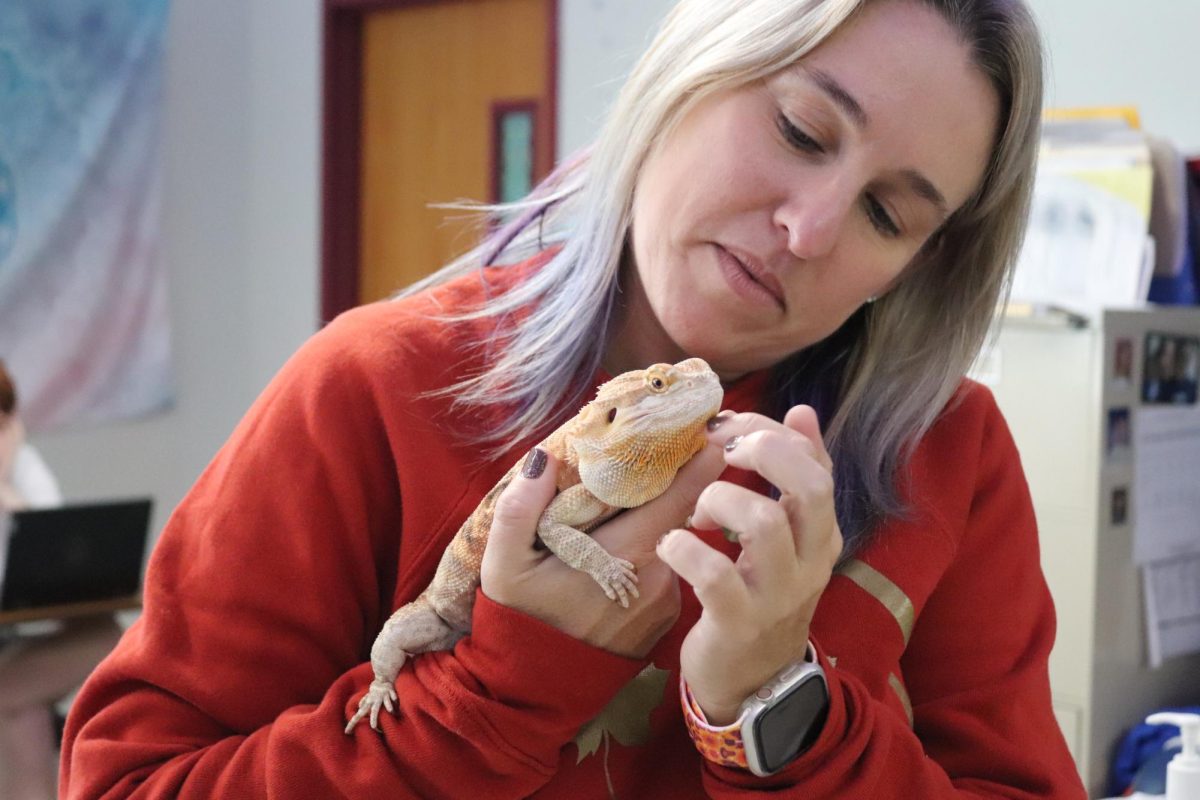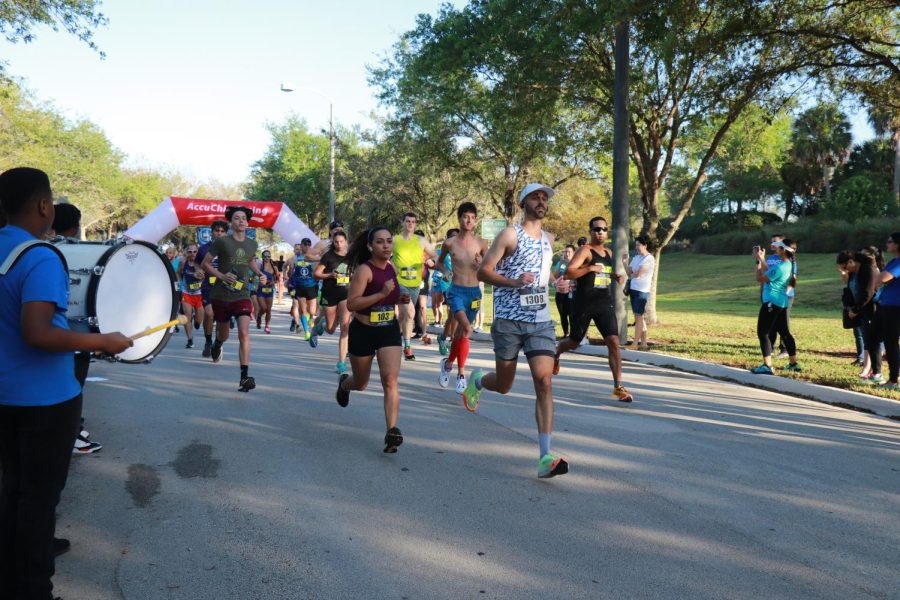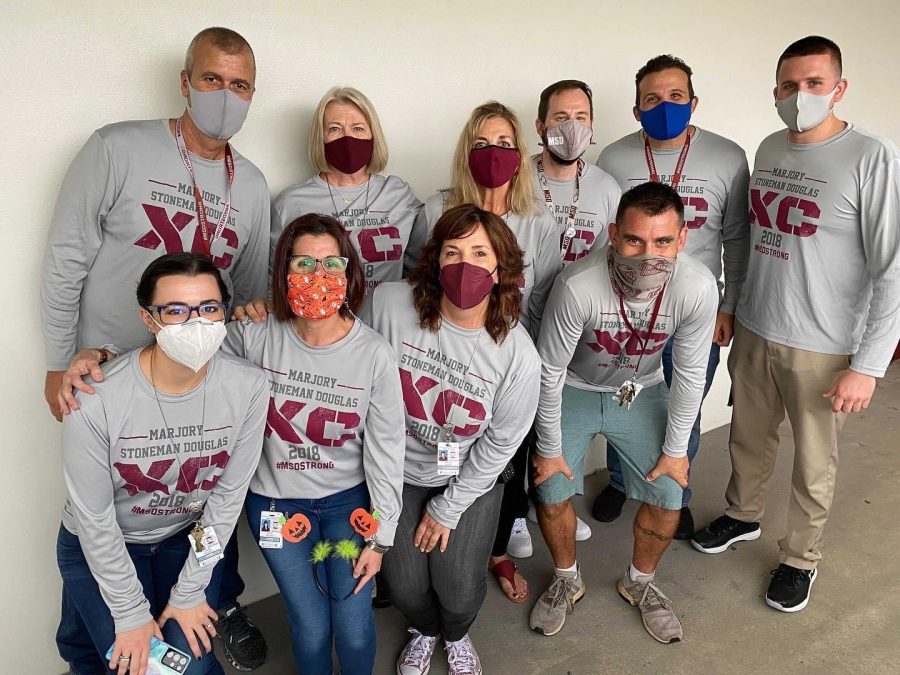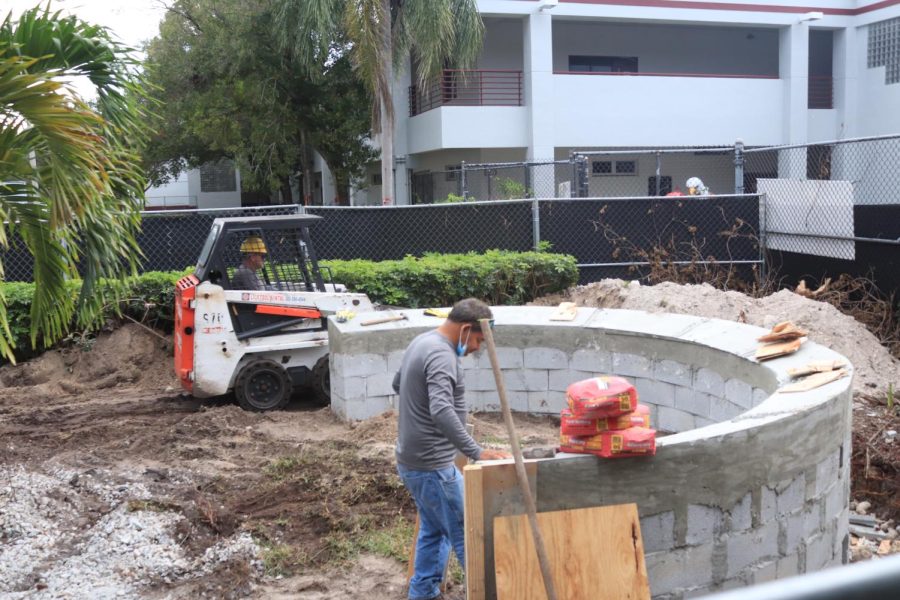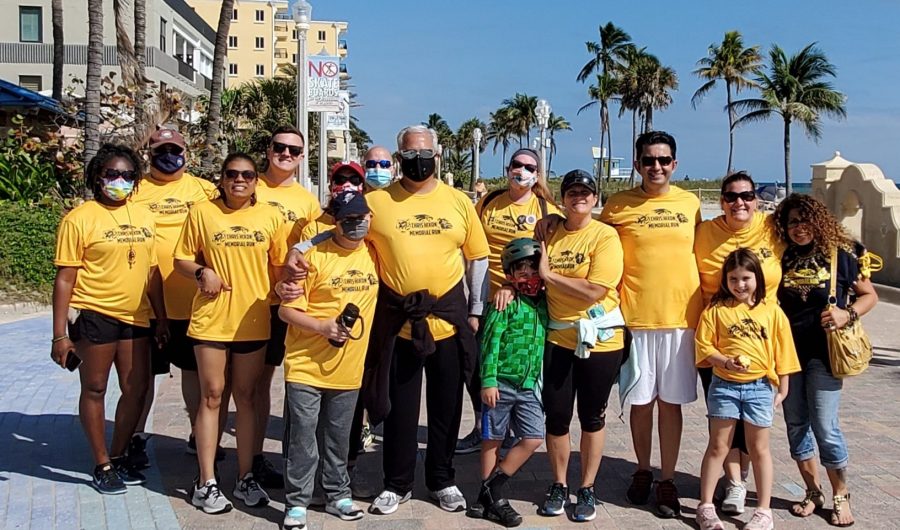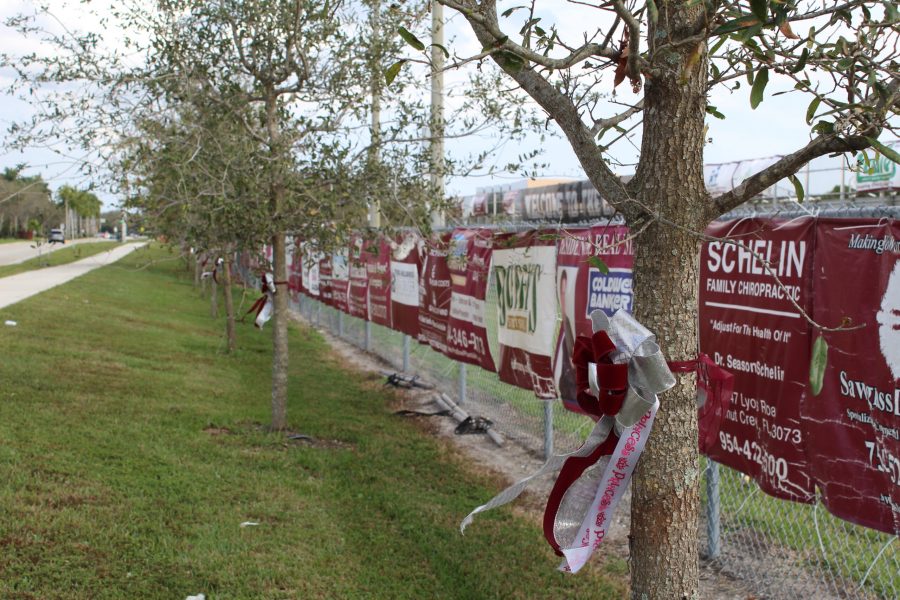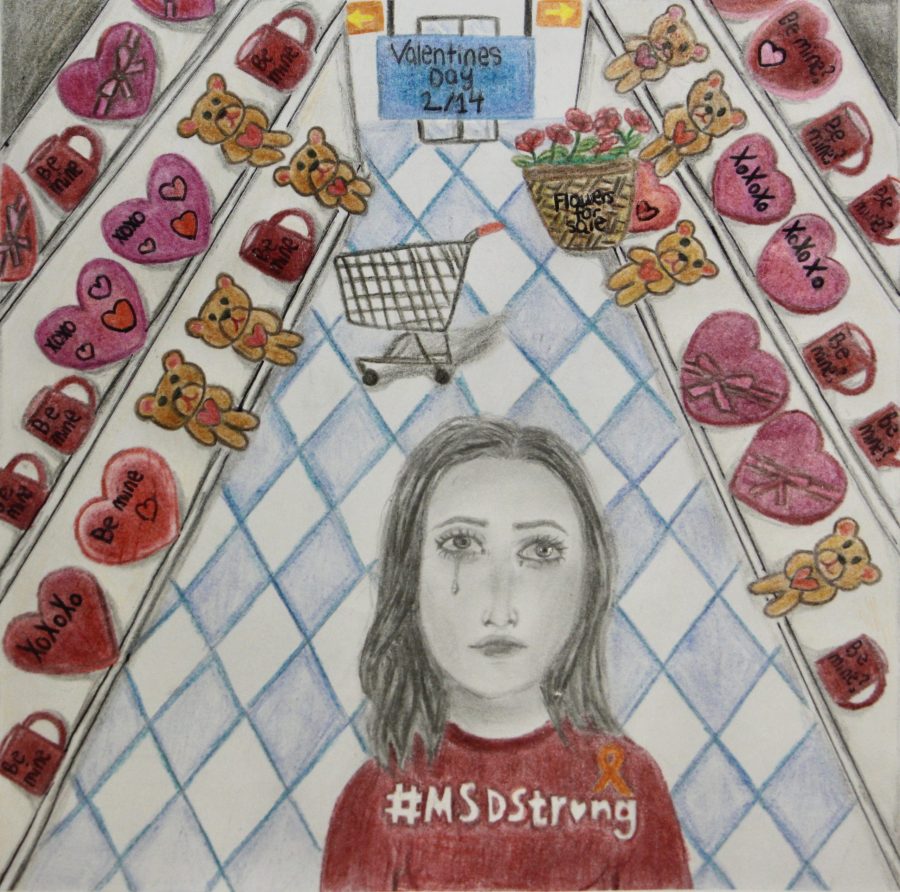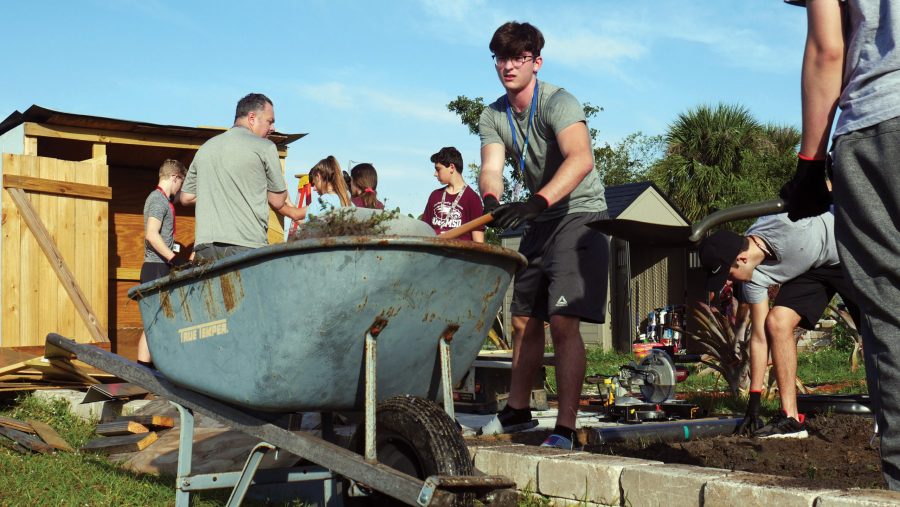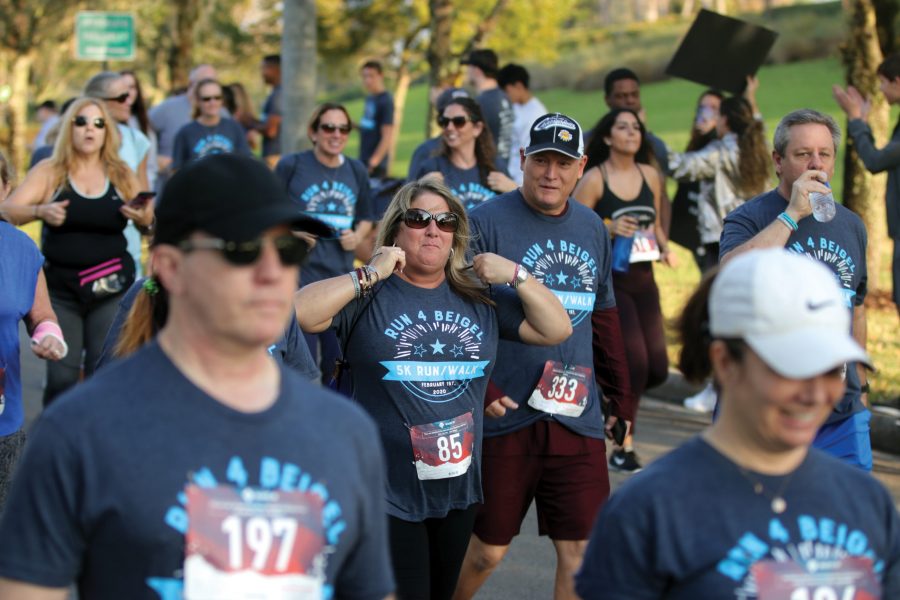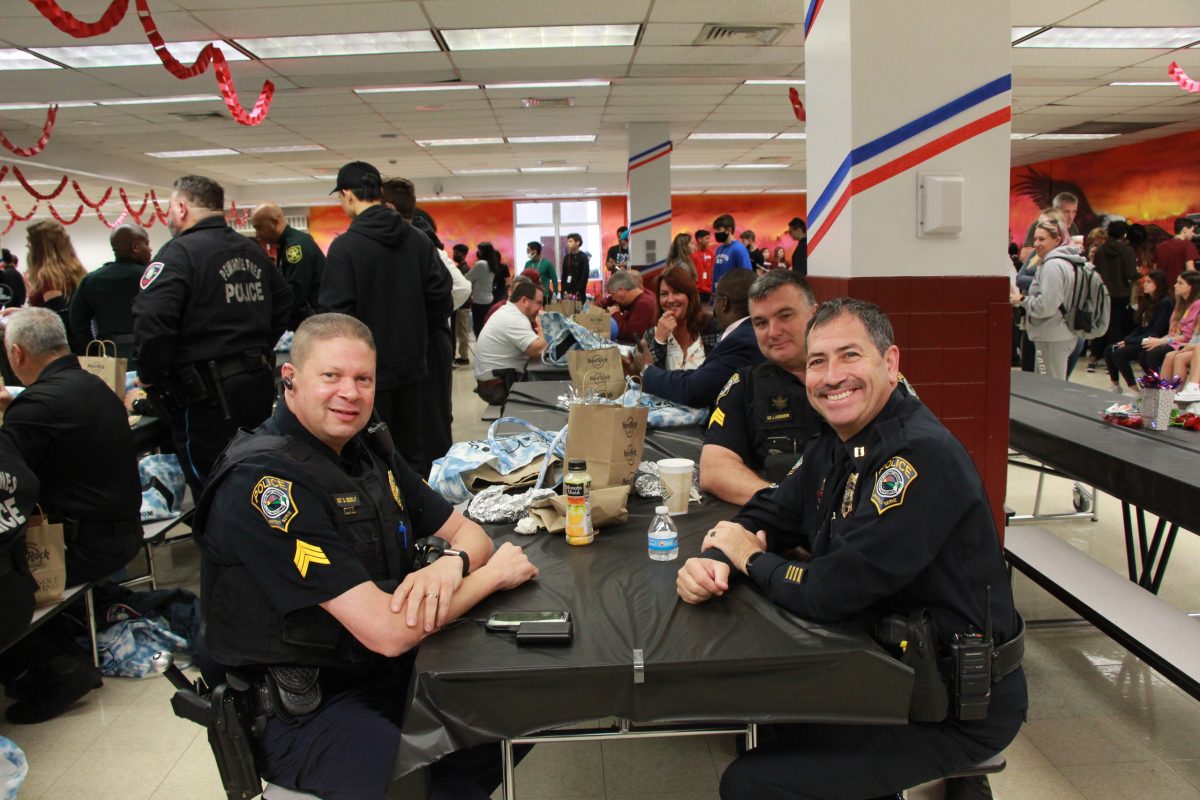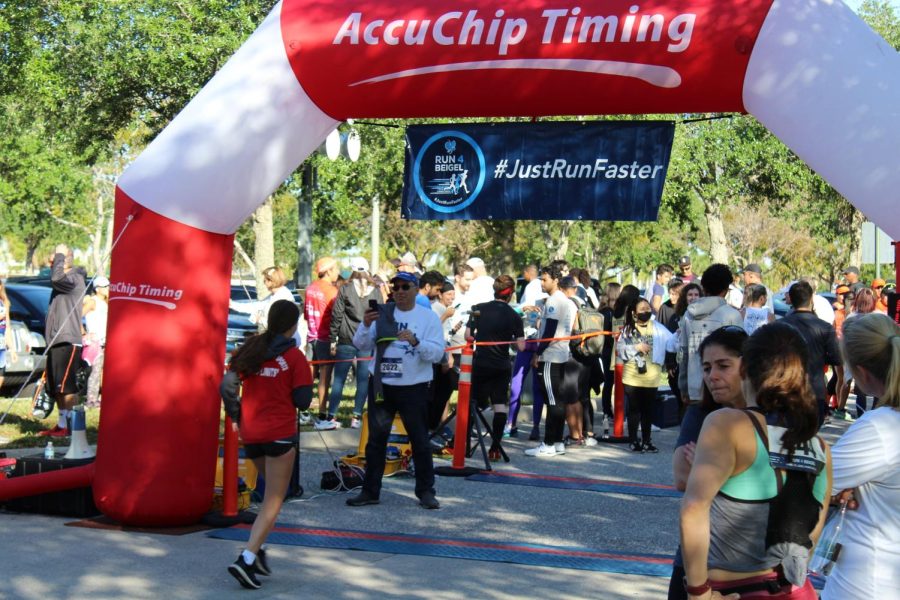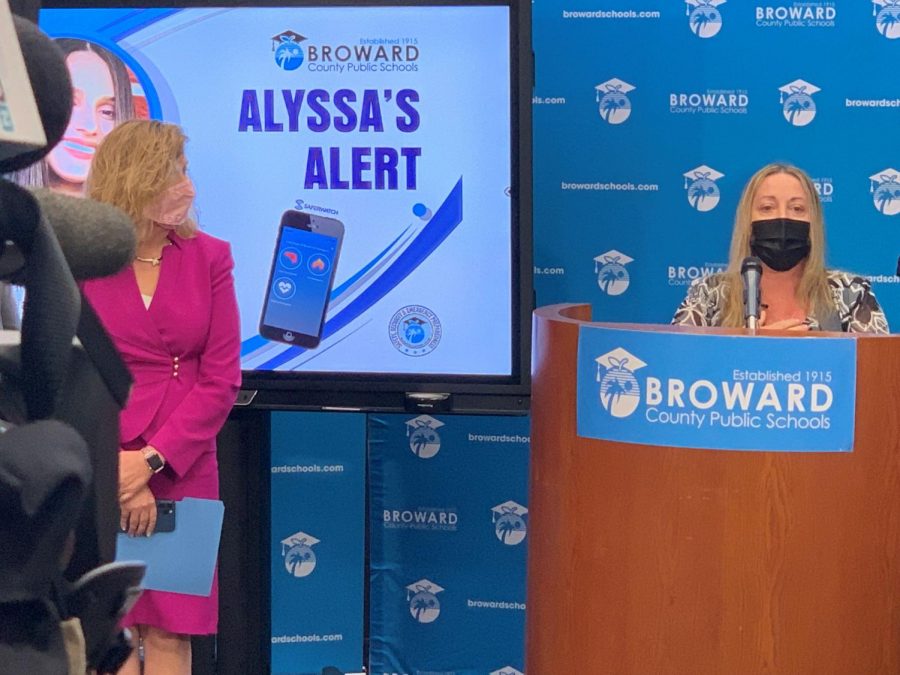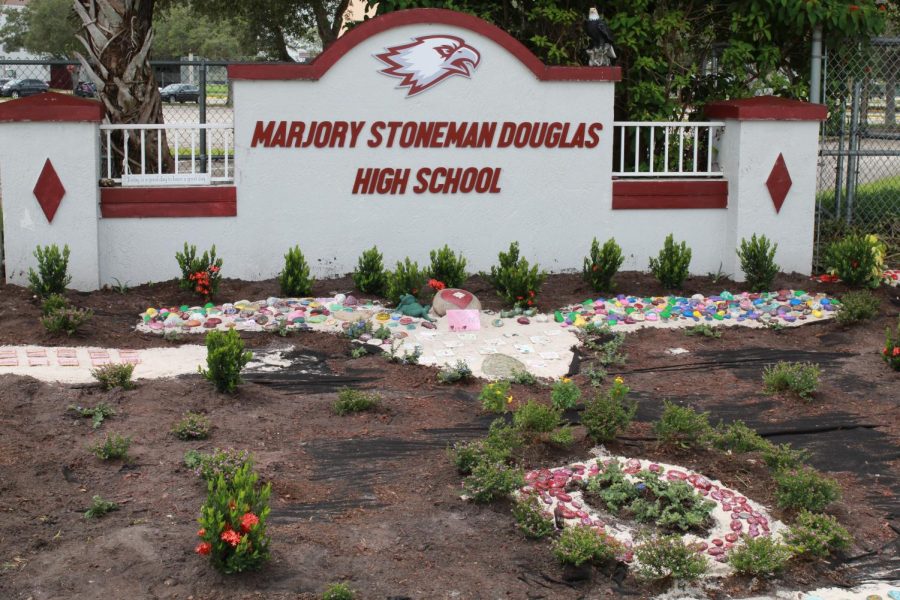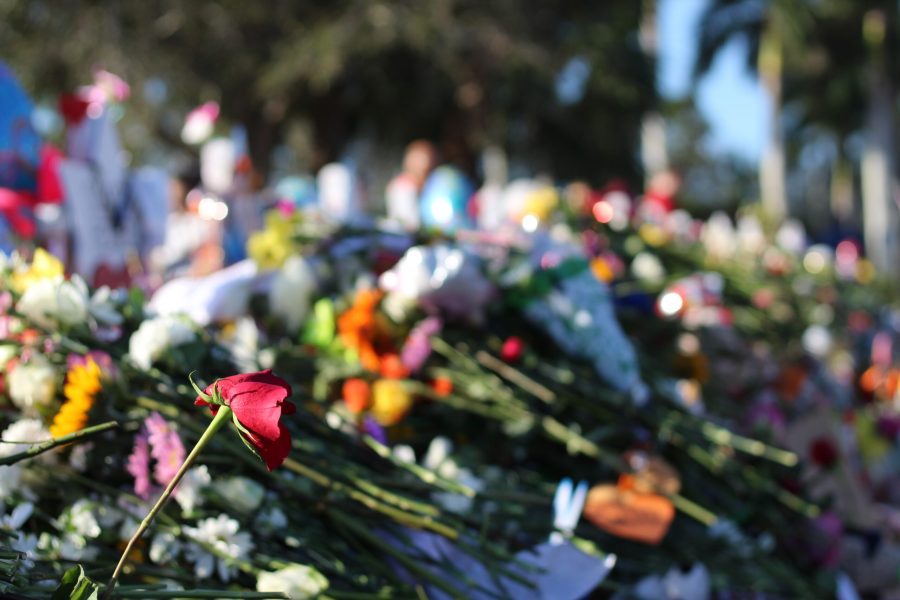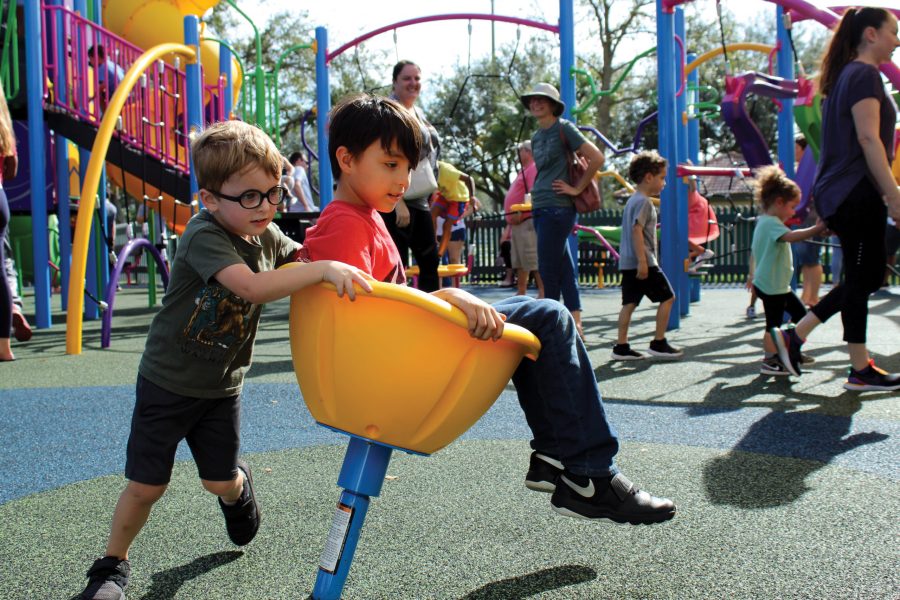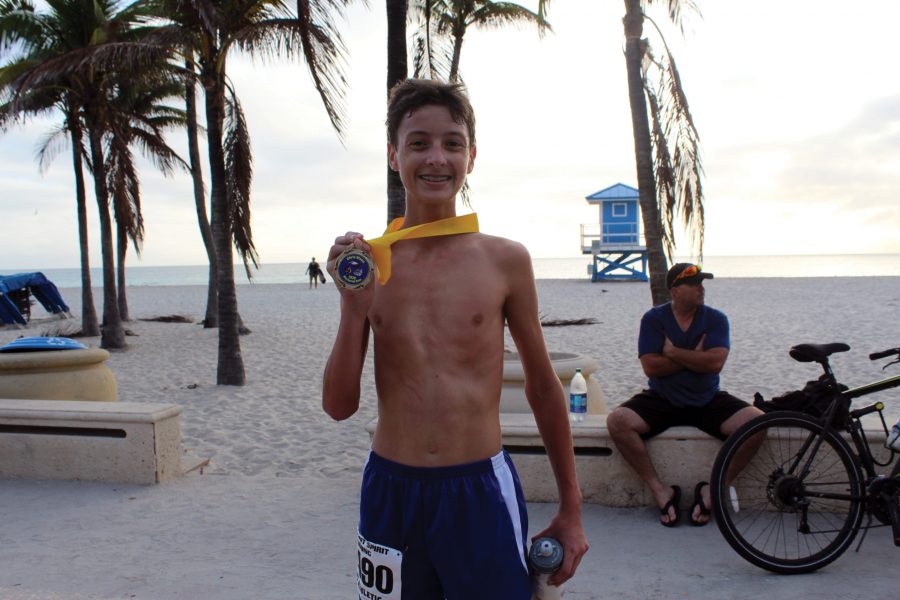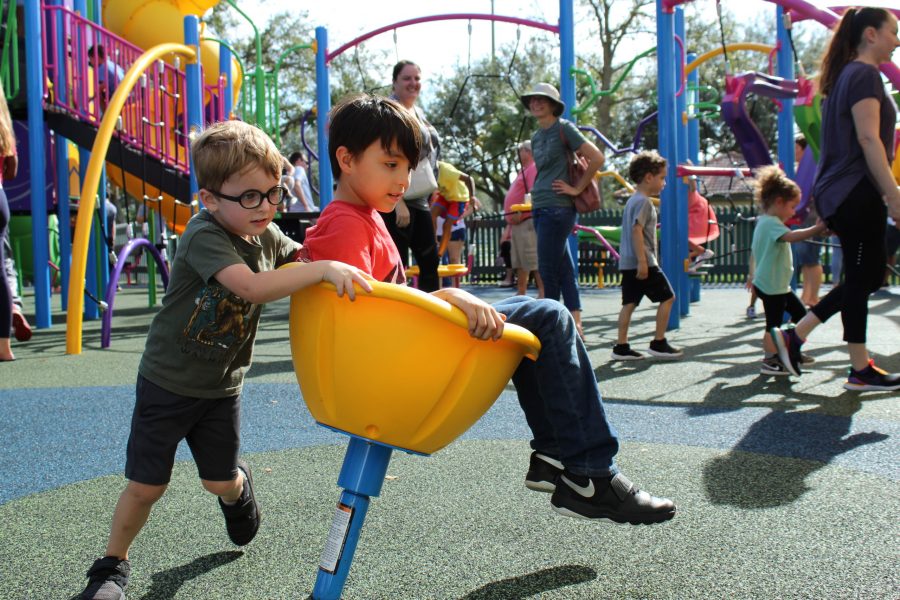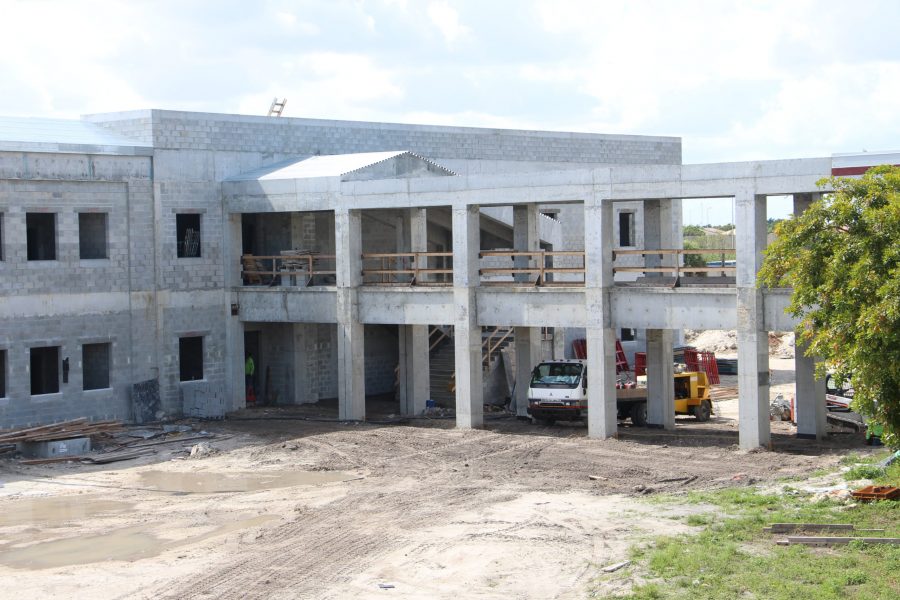
Two years after the shooting at Marjory Stoneman Douglas High School, students find themselves in different stages of healing, growth and progression. Following the shooting, the lives of MSD students were altered drastically. Some threw themselves into gun reform activism, while others simply focused on their personal healing or sought out therapeutic resources. The events of Feb. 14, 2018, have continued to impact the MSD community and adjusted what is considered to be “the new normal.”
As life at MSD continues to evolve, the national issue of gun violence does as well. After the shooting, the amount of activism for gun control surged both locally and nationally. Initiated by March For Our Lives, the movement that stemmed out of MSD, thousands of schools took part in walkouts, and the phrase “#Neveragain,” spread across social media platforms. However, as time has passed, the MFOL activist group, led and founded by former students of MSD, has become less prominent.
Soon after the shooting, junior Samantha Deitsch, who was a freshman in the 2017-2018 school year, became heavily involved in politics, taking part in MFOL, along with her two older brothers. Deitsch utilized the organization as an outlet to heal as she began to take action on the issue of gun violence. Deitsch never found an interest in politics previous to the shooting, and therefore, she says she is always astonished by the response MFOL has received by those who have never directly been affected by the issue.
“It’s definitely helped my healing process because I finally feel like I have some sort of control over things due to the fact that we’ve actually made impacts on such a large scale,” Deitsch said.
To Deitsch, Feb. 14 this year was bittersweet. Not only is it the anniversary of the shooting, but it is also her birthday. She spent the day in Canada visiting a friend and trying to balance honoring the memory of the 17 students and faculty and celebrating her 17th birthday.
Although there may be less attention on MFOL, they remain committed to spreading more knowledge on gun violence and its current threat to civilians in the U.S. The organization continues to push for common sense gun laws, including the H.R.8 Bill which establishes new universal background checks and has been passed by the House of Representatives.
On the other hand, some students prefer to distance themselves from the issue of gun violence and MSD altogether.
After the shooting, senior Gwyneth Bishara, who was a sophomore in the 2017-2018 school year, transferred to the Pine Crest School to help promote her healing process and avoid having the topic being brought up constantly.
“Switching schools has helped my healing process because it allows me to be both supported by my friends and focus on school without the event being brought up in daily conversation,” Bishara said.
Bishara spent the anniversary with her friends and family since she still lives in Parkland.
“I still keep in contact with my friends from Douglas and hangout frequently, allowing me to not be completely removed from my main support system while still separating myself enough so that the 14th is not constantly brought up,” Bishara said.
Although some students chose to remove themselves from the atmosphere left from the shooting, others opted to bring therapeutic resources, such as personal service dogs with them to deal with their anxieties. These service dogs have been steadily present since the day of the students’ return in order to evoke a sense of support and comfort for these individuals.
“I used to be so anxious switching classes and with crowds, focusing and everything like that,” junior Sabrina Mifsud said. “After I got my service dog, Scooby, he allowed me to do things that I wasn’t able to do before.”
Through the years, there has been a substantial decline in the amount of therapy dogs on campus; however, students and staff claim that they continue to provide an immeasurable amount of support throughout the school day, even if it is seeing them for a quick moment in the halls or during lunch.
Dealing with the aftermath of the shooting, along with balancing the stressors of the two most important academic years, has heavily impacted the class of 2020 moving forward.
Senior Monique Miquel, who was a sophomore in the 2017-2018 school year, has experienced firsthand the differing approaches students had to the second anniversary.
“It was weird to see the difference between a lot of people who had moved on more than other people who are still really stuck and feeling upset. A lot of people went away,” Miquel said. “But I like that there was still a lot of support, especially at Eagles Haven, and the community still makes sure that even though it’s been a while, and people are in different places that we’re all supported as much or as little as we need.”
In her personal experience, Miquel feels as if she has progressed greatly from her initial state directly after the shooting. The effects of the shooting have since diminished in her daily life. However, remnants of that day continue to affect her as a whole.
“I think there’s certain days where things are still hard. It’s not like a constant feeling. I have ups and downs, and I think the biggest problem that I have is I get nervous when I go to certain places,” Miquel said. “So I don’t feel comfortable going to the movies or sometimes just being in a crowded place. But it’s not like it still cripples me on a daily basis to the point that it did, like right after it happened.”
The balancing of the continuous stress of preparing for college and the fluctuating mental state of a survivor is one of many obstacles Miquel, along with the rest of the senior class, has faced. However, Miquel decided to stay at MSD to complete high school because she felt most comfortable here.
“I stayed because I felt like I had a community here that understood me. If I went somewhere else, no one would know what I was going through,” Miquel said. “I would feel really isolated, and also, I had just already been here for two years; I felt like I already found my niche.”
MSD alumna Rebecca Schneid, who graduated in 2019, considers herself a completely different person from the time before the shooting occurred.
“A lot of times I miss the person I think that I was before the shooting, but I also think that I’ve grown up a lot,” Schneid said. “Part of that was not really my choice, obviously. Part of it, I think was just natural. I was 16 when it happened, and I’m 18 now, and I feel like a very different human being, and I feel like I’m at a very different part of my life.”
Being away from the community has been an unusual experience for Schneid, but has not impacted her personal growth in the aftermath of the tragedy.
“[I feel like being away from the community] has not helped or hindered my healing. It’s different, but I don’t think it’s necessarily one or the other,” Schneid said. “I think that it helps in some ways that I still feel saturated by it at all. And that’s really nice.”
On the second anniversary, Schneid made it a priority to make the day pleasant for both her and her friends. They had a picnic in the gardens of Duke University, and then they attended a memorial in the evening.
Schneid now makes it a priority to take care of herself and utilize the coping skills she has accumulated throughout the past two years.
“I definitely think that I’ve learned over time how to take care of myself better, and I’ve learned how to cope using much more healthy coping mechanisms,” Schneid said. “I didn’t really use very many mechanisms the first year, and it affected me afterwards. And I think that was like something that I’ve learned over time, and I continue to learn about how to deal with your emotions in a better way.”
MSD alumna Julia Salomone graduated in May 2018, merely months after the shooting. Salomone felt as if the graduating class was rushed to continue on with their lives and were not properly equipped with mental health resources like those who remained at MSD.
“I don’t believe that we had the resources necessary after the tragedy, but we had the resources in the sense that we could get away from it, but in terms of counseling and services provided in Parkland, as well as the sense of the community was not available, and that was really hard,” Salomone said.
Salomone believes that graduating immediately after the shooting alienated her class from the rest of the community, yet allowed them to have space to grow as individuals apart from it. In relation to the anniversary, the alumna states that being far from Parkland, she felt disconnected from those she loves; however, with the aid of her friends, along with some distance, she was able to properly grieve.
“I have friends here who made the day lighter and took care of me,” Salomone said. “But overall, I think I’m just learning what coping and the ‘new normal’ looks like year by year.”
The graduating classes of 2018, 2019, 2020 and 2021, as well as the staff at MSD, continue to live with symptoms of the shooting, such as PTSD, depression and anxiety. Throughout these past two school years, MSD seniors and juniors have also felt a certain divide amongst the grade levels.
“There is a kind of separation between the freshmen and sophomores and the juniors and seniors because they didn’t experience the same thing,” senior Hannah Levine said. “To them, high school is simply a fresh start at a new school.”
There is often a struggle for students to keep up with the academic expectations of high school. After the shooting, teachers gradually began teaching their curriculum again, allowing students to take time to focus on their mental health. Throughout the 2018-2019 school year, the academics were purposefully less demanding. However, current students believe that as alumni who attended school on Feb. 14 continue to graduate, there has been less consideration involving the topic.
“Academics overall have seemed to speed up completely to where a normal high school would be,” junior Ciana Stellar said. “I feel like it is kind of absurd because from freshman year, the second half of the year doing nothing to sophomore year, going a little bit slower, to now junior year completely going back to a high speed, and within this healing cycle, it just doesn’t seem right.”
Following the shooting, students were not the only ones who experienced drastic changes. Lauren Rower, a current ninth grade English teacher, was on campus on Feb. 14 as a student teacher in English teacher Jaime Lyons’s class. Due to the sudden need for a teacher replacement, Rower began teaching just weeks after the shooting.
“I felt like I was thrown into the teacher position, but it made me learn everything that I needed to learn rather quickly, and it made the following year a lot easier,” Rower said. “It was nice [to be prepared] but also really stressful.”
Rower believes that the connection between a student and a teacher is an essential aspect of being a teacher. Prior to the shooting, she found that she had always focused on simply teaching the content and getting through the curriculum, whereas now the relationship she builds with her students and their well-being comes first.
“Before [the shooting], forming connections with students was always at the back of your mind; after, it was at the forefront,” Rower said.
As the days, months and years go by, students continue to deal with the scars formed on Feb. 14, 2018. Despite the world and news moving on to the next story and issue, the parents, students and faculty of MSD continue to process the tragedy. The slow and often painful process is one that, despite common belief, is ongoing, and there are many people that have just begun it.
This story was originally published in the March 2020 Eagle Eye print edition.


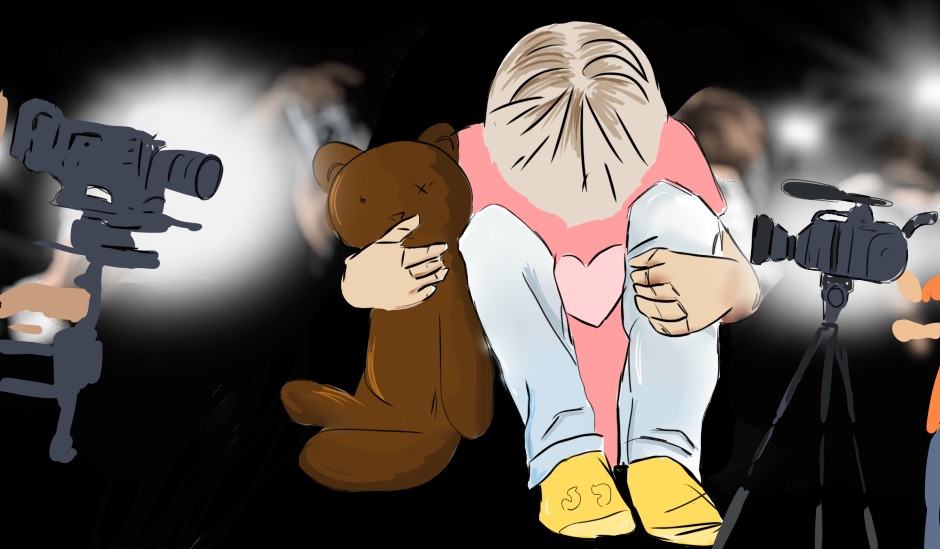
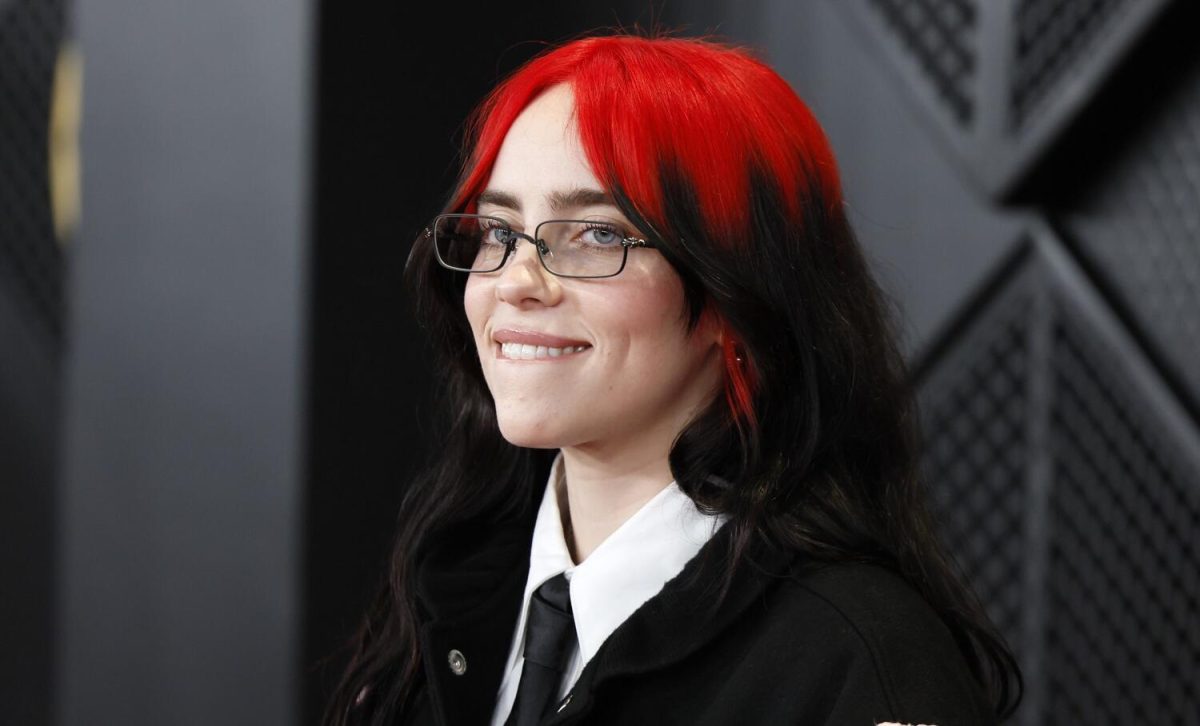
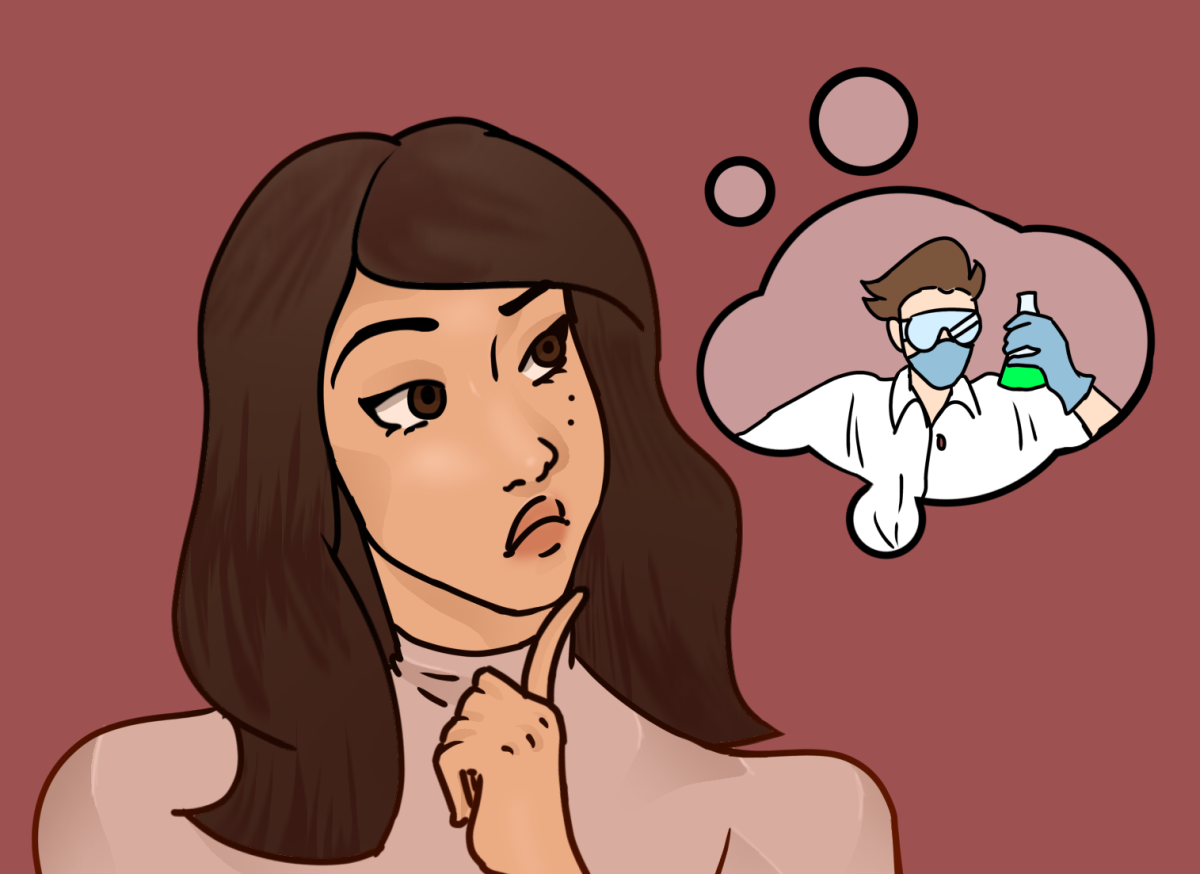
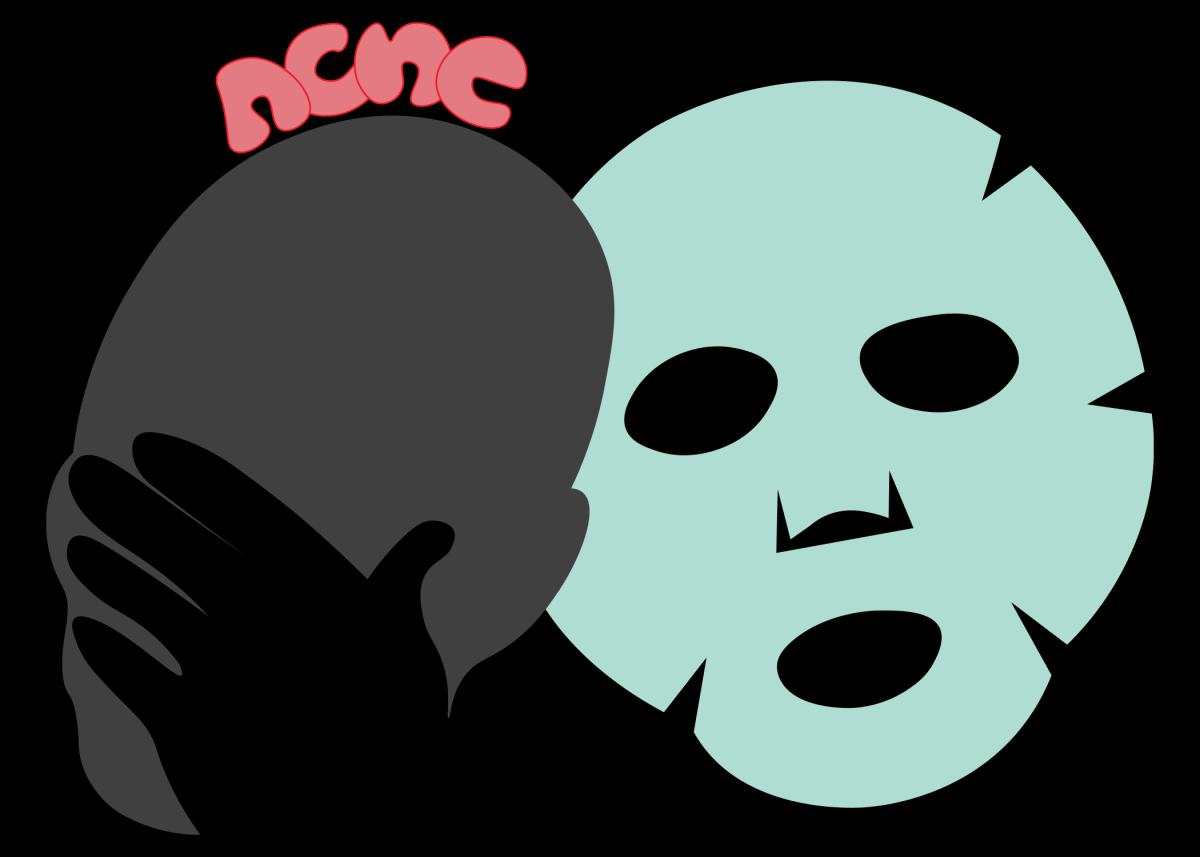





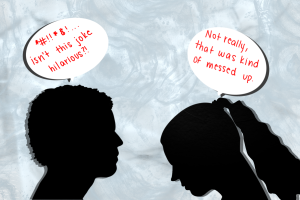

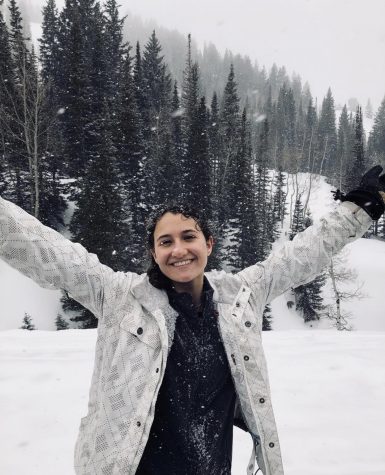
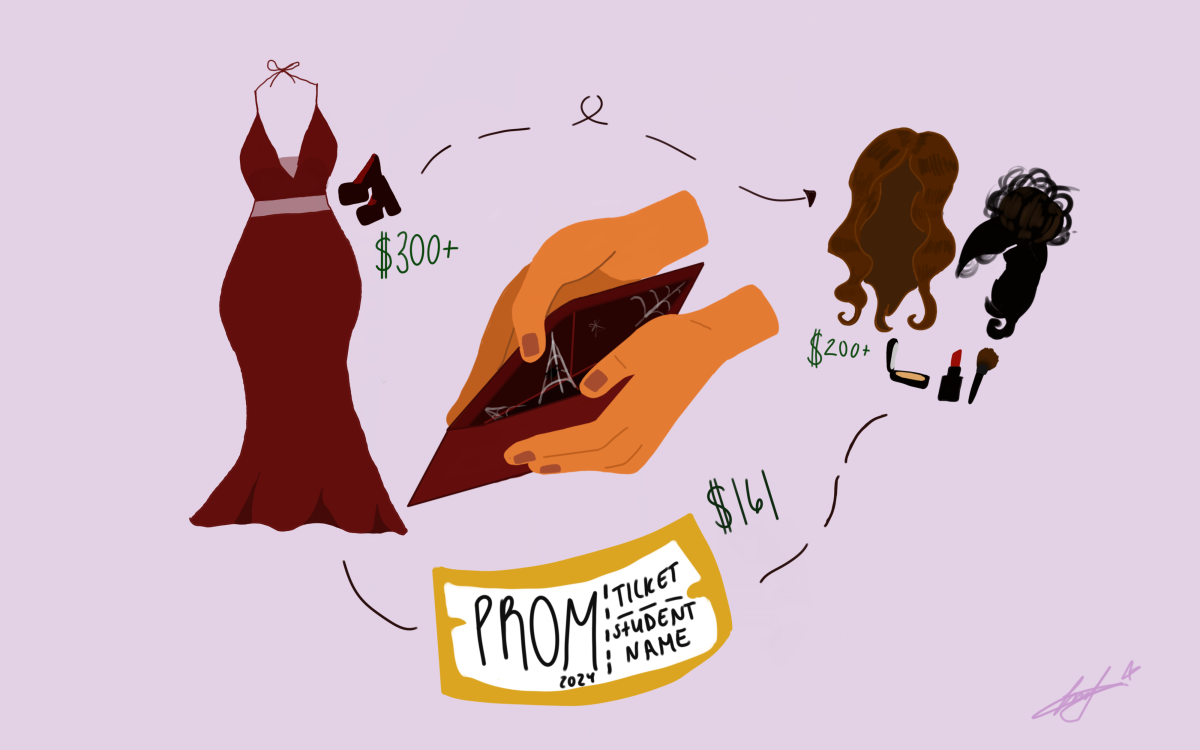

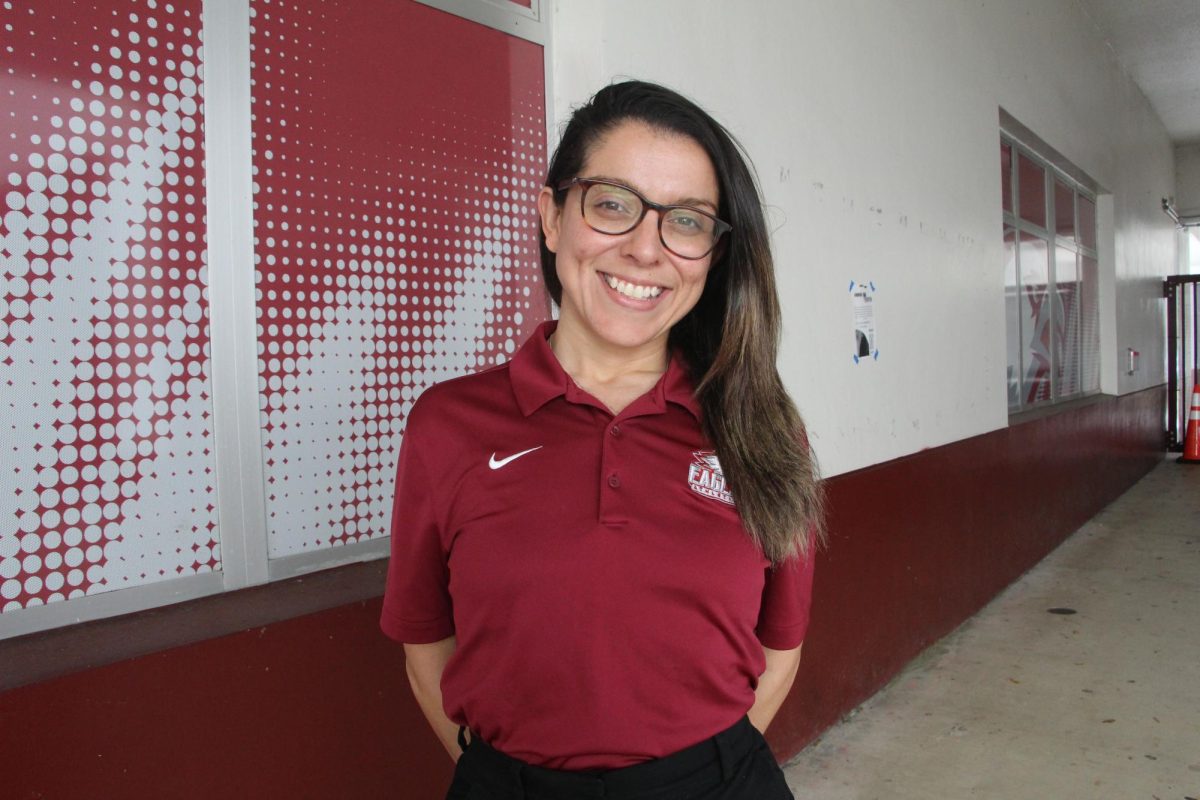
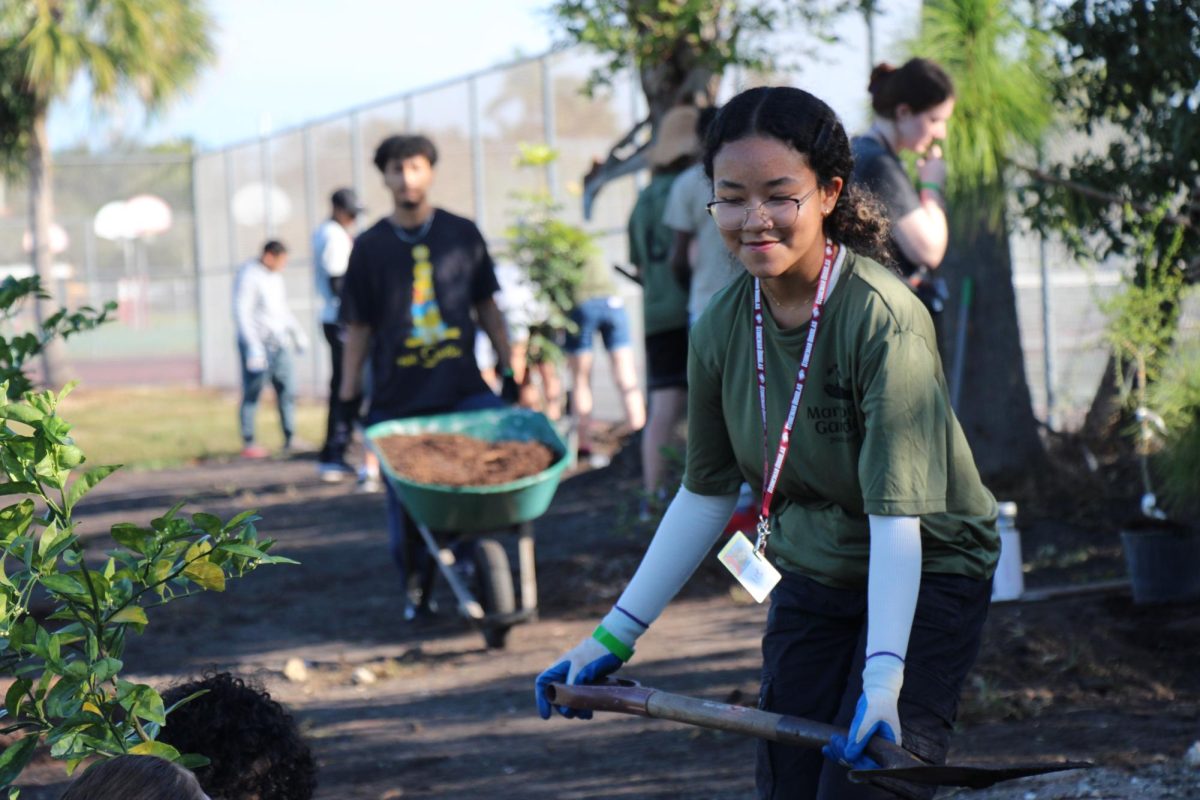
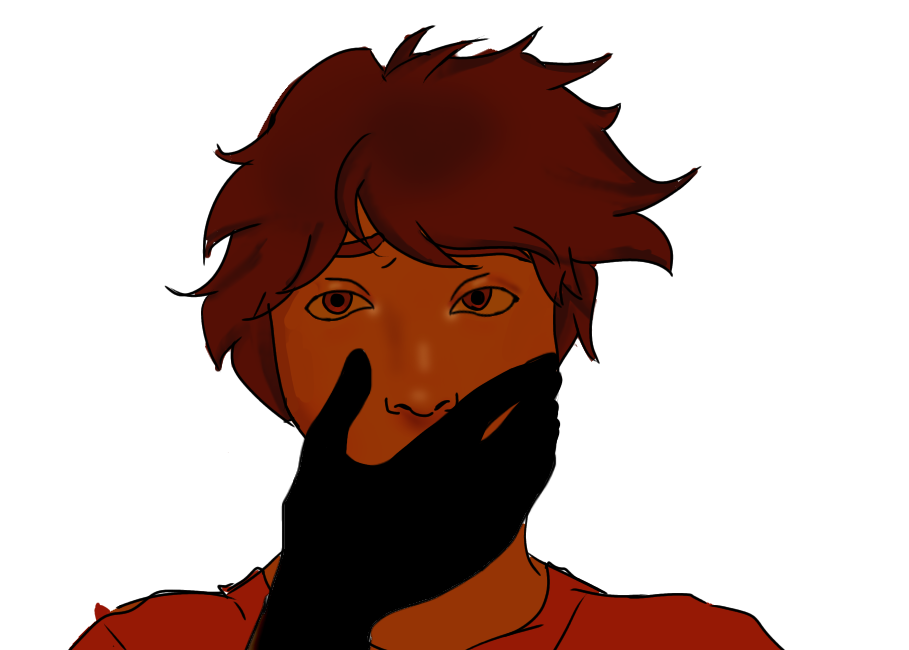
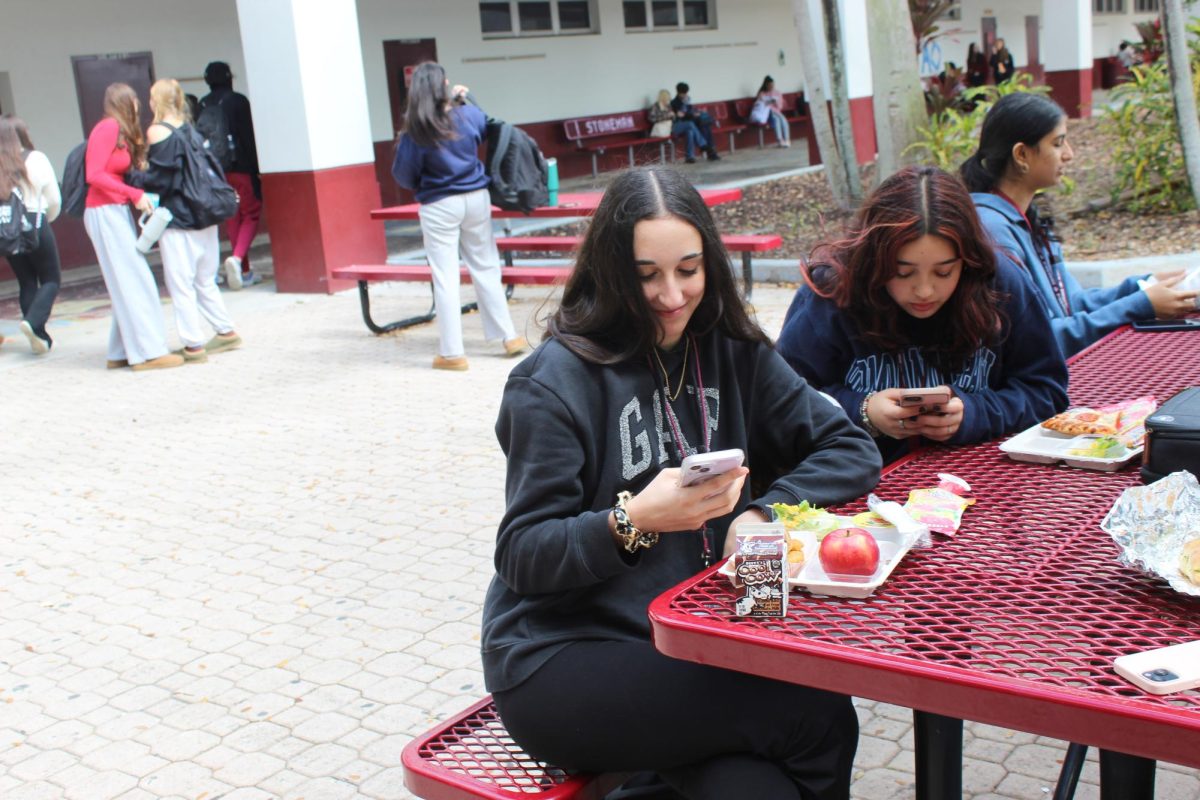
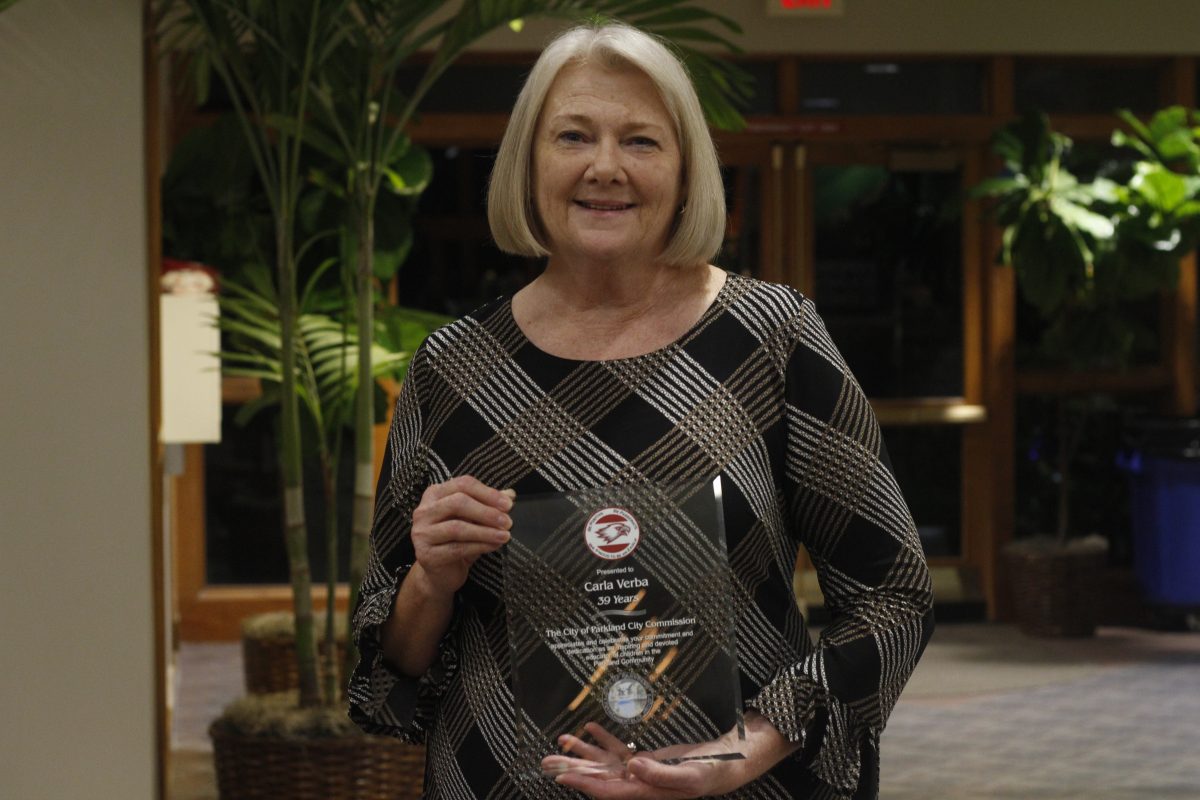
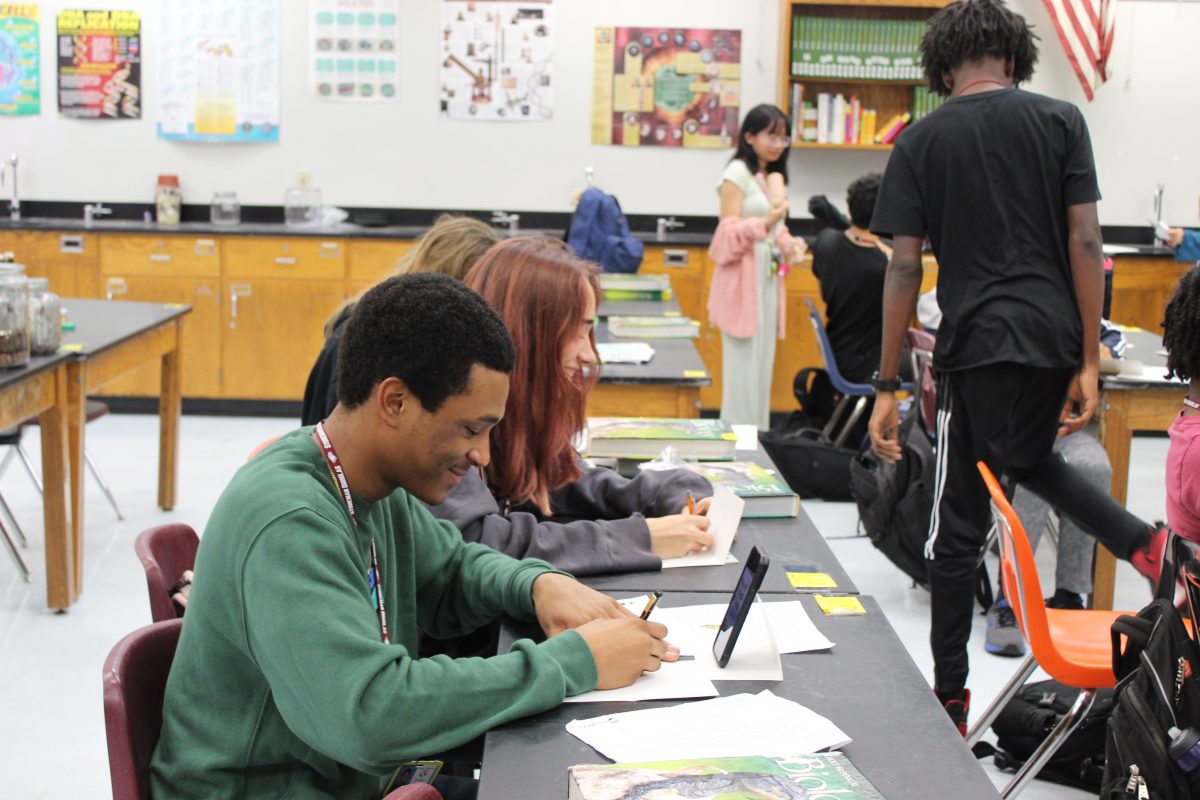
![(left to right) Seniors Stephanie Bilsky and Gracyn Haynes sport the DECA symbol, a triangle, at their first career fair, hosted on Dec. 6, 2023. The career fair had 12 business for students to explore and ask questions about. What we wanted to do is just take what weve learned [in DECA] and expand it to those students who arent enrolled in this class and dont have access and then just kind of take it to the community and allow students to discover their future as well, Haynes said.](https://eagleeye.news/wp-content/uploads/2024/01/9n9MEiC72JCfrptYKrZhoKhKscuboBiEju33GYeA-1200x800.jpg)
